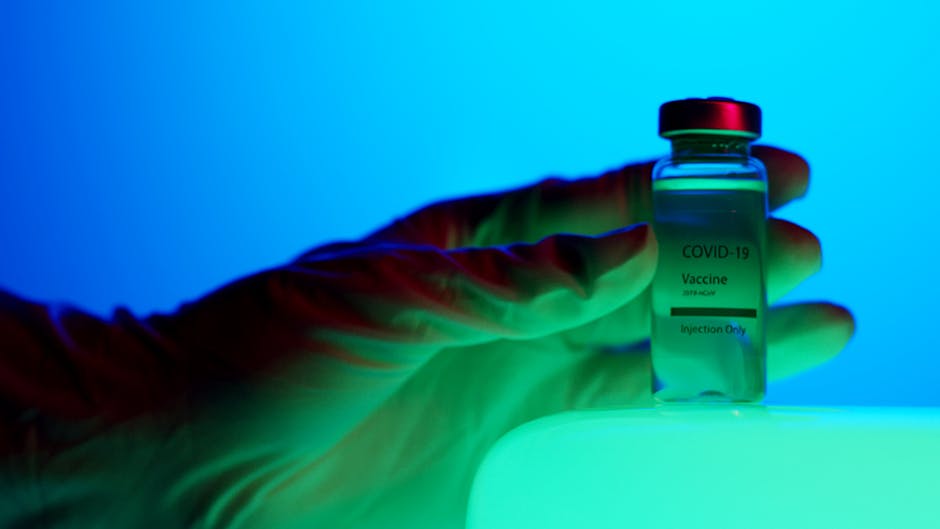New Monoclonal Antibody Provides Full Protection Against Malaria Parasite
In a groundbreaking development in the fight against malaria, a new monoclonal antibody has demonstrated 100% efficacy in protecting individuals from the deadly parasite in a recent clinical trial. The results of this double-blind, placebo-controlled study, published in a leading medical journal, have sparked hope for a potential game-changer in malaria prevention, particularly in regions where the disease remains a significant public health challenge.
How the Trial Worked
The trial involved exposing participants to mosquitoes carrying the malaria parasite several months after they received a single dose of the monoclonal antibody. Remarkably, none of the individuals who received the highest dose of the antibody developed an infection, while all participants in the placebo group contracted the disease. This stark contrast underscores the antibody’s potential to provide robust and long-lasting protection against malaria.
The Global Burden of Malaria
Malaria, caused by the Plasmodium parasite and transmitted through the bites of infected Anopheles mosquitoes, continues to be a major global health issue. According to the World Health Organization (WHO), there were an estimated 247 million cases of malaria worldwide in 2021, with 619,000 deaths, predominantly among children under five in sub-Saharan Africa. While existing preventive measures such as insecticide-treated bed nets and antimalarial drugs have made significant strides, the emergence of drug-resistant parasites and insecticide-resistant mosquitoes has highlighted the urgent need for innovative solutions.
How L9LS Works
The monoclonal antibody, known as L9LS, works by targeting a specific protein on the surface of the malaria parasite, preventing it from infecting liver cells—a critical step in the parasite’s life cycle. This mechanism of action sets it apart from traditional vaccines, which typically rely on stimulating the immune system to produce its own antibodies. Instead, L9LS provides immediate, passive immunity, making it particularly valuable for travelers, military personnel, and individuals in high-risk areas who need rapid protection.
Trial Results and Implications
The trial enrolled 40 healthy adults who had no prior exposure to malaria. Participants were divided into groups receiving varying doses of L9LS or a placebo. After several months, they were exposed to mosquitoes carrying the Plasmodium falciparum strain, the most deadly malaria parasite. The results were striking: none of the participants who received the highest dose of L9LS developed an infection, while all placebo recipients did. Even at lower doses, the antibody showed significant efficacy, reducing the risk of infection by up to 80%.
Expert Insights
Dr. Anthony Fauci, a leading infectious disease expert, hailed the findings as a “major step forward” in malaria prevention. “This monoclonal antibody represents a novel and highly effective approach to combating malaria, particularly in settings where traditional methods face challenges,” he said.
Challenges and Next Steps
The implications of this breakthrough are immense. For one, L9LS could serve as a powerful tool in malaria-endemic regions, complementing existing interventions and potentially reducing the burden of the disease. Its long-lasting protection—up to six months in this trial—could also make it a practical option for seasonal malaria prevention or emergency outbreaks. Additionally, the antibody’s ability to provide immediate immunity makes it a promising candidate for preventing malaria in vulnerable populations, such as pregnant women and infants.
However, challenges remain. The cost of producing monoclonal antibodies is currently high, which could limit accessibility in low-income countries. Researchers are working to address this by exploring ways to reduce production costs and increase scalability. Furthermore, additional studies are needed to assess the antibody’s efficacy in children, who bear the brunt of malaria’s impact, and to determine the optimal dosing regimen for long-term protection.
A Milestone in Malaria Prevention
As the world continues to grapple with malaria, this new monoclonal antibody offers a beacon of hope. If successfully scaled and deployed, it could play a pivotal role in reducing the global burden of malaria and bringing us closer to the ultimate goal of eradication. For now, the results of this trial mark a significant milestone in the fight against one of humanity’s oldest and deadliest diseases.




